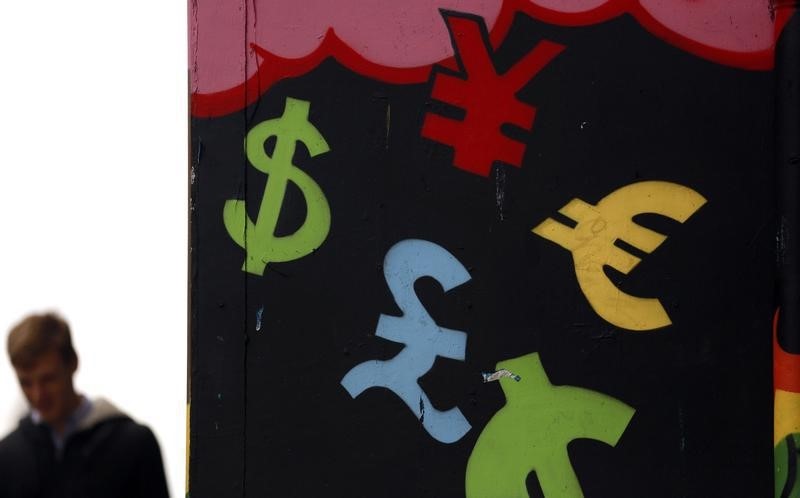
© Reuters.
The Nigerian Naira has continued to depreciate towards main currencies, with the trade price for a greenback reaching N950 on the Lagos Parallel Market on Friday, September 15, 2023. The Naira additionally noticed depreciation towards the British Pound and the Euro, going from N1190/£1 to N1210/£1 and from N995/€1 to N1020/€1 respectively.
This comes amid a foreign money disaster that has led many Nigerians to think about adopting the greenback. Regardless of guarantees by the Central Financial institution of Nigeria (CBN) to handle the difficulty, provide constraints have but to be rectified, and speculators stay unaffected.
On Thursday, September 14, 2023, Vanguard reported that the parallel market trade price rose by N23 to N950 per greenback, up from N927 per greenback on Wednesday. This was attributed to an growing shortage of the greenback amidst excessive demand.
Within the Traders and Exporters (I&E) window, the naira depreciated to N780 per greenback because the indicative trade price for the window rose by N21.88 from N758.12 per greenback on Wednesday. Consequently, the hole between the official and parallel market trade charges widened to N170 per greenback on Thursday from N168.88 per greenback on Wednesday.
The downward development within the foreign exchange market has been ongoing because the CBN reforms of June 14. These included the elimination of a number of trade charges within the official market and the introduction of a ‘keen purchaser keen vendor’ mannequin for trade price willpower within the I&E window.
Regardless of these measures, foreign exchange market sources report that they haven’t but stimulated sufficient provide to clear the growing demand for {dollars} within the financial system. This has resulted in a staggering 20.5% depreciation of the trade price because the new system was applied.
As well as, the nation’s exterior reserves have dwindled, falling from $34.6 billion on the time the managed float system was launched to $33.2 billion as of September 12, 2023. Regardless of these challenges, the Tinubu administration defends its coverage, asserting that it’s essential for preserving the nation’s international reserves and attracting international funding.
This text was generated with the help of AI and reviewed by an editor. For extra info see our T&C.
